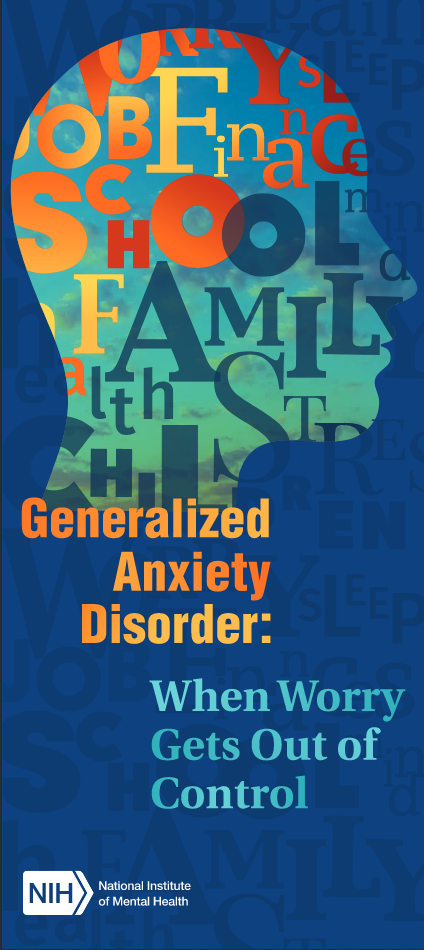Anxiety Disorders Are Common. Here’s What Everyone Should Know About Them
 How common are anxiety disorders and are there some populations more at risk than others? What are some symptoms people may have? How often should anxiety screenings occur – and what do they entail? What treatments are available? Read more ›
How common are anxiety disorders and are there some populations more at risk than others? What are some symptoms people may have? How often should anxiety screenings occur – and what do they entail? What treatments are available? Read more ›


 News about catastrophic events, natural disasters, crime reports, and terrorist threats can have a profound emotional impact on children. Younger children, especially, are vulnerable in the wake of traumatic events and may experience stress, anxiety and increased fearfulness long after the event has passed. Your support can help your children process these emotions and help them manage their fear and anxiety.
News about catastrophic events, natural disasters, crime reports, and terrorist threats can have a profound emotional impact on children. Younger children, especially, are vulnerable in the wake of traumatic events and may experience stress, anxiety and increased fearfulness long after the event has passed. Your support can help your children process these emotions and help them manage their fear and anxiety. 
 Everyone worries or feels nervous from time to time. Anxiety is a normal human reaction to stressful situations. But for people with anxiety disorders, those fears and worries aren’t temporary. Their anxiety persists, and can even get worse over time.
Everyone worries or feels nervous from time to time. Anxiety is a normal human reaction to stressful situations. But for people with anxiety disorders, those fears and worries aren’t temporary. Their anxiety persists, and can even get worse over time. 
 Occasional anxiety is a normal part of life. People with Generalized Anxiety Disorder (GAD) find it difficult to control their anxiety and stay focused on daily tasks. The good news is that GAD is treatable.
Occasional anxiety is a normal part of life. People with Generalized Anxiety Disorder (GAD) find it difficult to control their anxiety and stay focused on daily tasks. The good news is that GAD is treatable. 
 Hundreds of millions of people worldwide have been diagnosed with an anxiety disorder or related mood or mental health issue. The majority of those diagnosed or struggling with an anxiety disorder don’t receive treatment or have access to the information, treatment, or tools they need during their journey to recovery.
Hundreds of millions of people worldwide have been diagnosed with an anxiety disorder or related mood or mental health issue. The majority of those diagnosed or struggling with an anxiety disorder don’t receive treatment or have access to the information, treatment, or tools they need during their journey to recovery. 
 As children, it can often be difficult to effectively communicate what we’re feeling.
As children, it can often be difficult to effectively communicate what we’re feeling.

